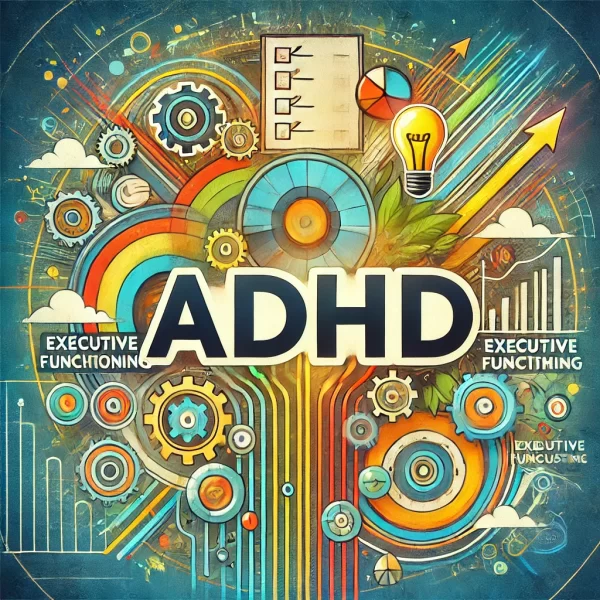Your cart is currently empty!
Early career coaching for individuals with ADHD (Attention Deficit Hyperactivity Disorder) who are neurodiverse can significantly impact both their personal and professional development. The coaching process is tailored to address the unique challenges and strengths associated with ADHD. Here’s what it can achieve:
1. Improved Executive Functioning
- Action: Coaching helps develop strategies for managing time, setting priorities, and organizing tasks.
- Purpose: Individuals with ADHD often struggle with executive functions, leading to difficulties in meeting deadlines and staying organized. Coaching provides tools and techniques to enhance these skills, leading to better job performance.
2. Enhanced Self-Awareness
- Action: Facilitates reflection on personal strengths, weaknesses, and ADHD-related challenges.
- Purpose: Understanding how ADHD affects behavior and work habits enables individuals to capitalize on their strengths and seek support for their challenges. This self-awareness is crucial for personal growth and effective career management.
3. Goal Setting and Achievement
- Action: Assists in setting realistic, achievable goals and breaking them down into manageable steps.
- Purpose: ADHD can make long-term planning challenging. Coaching helps individuals create clear, actionable plans that align with their career aspirations, making progress more tangible and reducing the feeling of being overwhelmed.
4. Increased Confidence and Self-Efficacy
- Action: Supports building confidence through positive reinforcement and the achievement of incremental goals.
- Purpose: Many individuals with ADHD experience low self-esteem due to past difficulties. Coaching helps to rebuild confidence by focusing on successes and the development of effective coping strategies.
5. Stress and Anxiety Management
- Action: Introduces techniques for managing stress and anxiety, often heightened in individuals with ADHD.
- Purpose: Managing emotional responses and stress is vital for maintaining focus and productivity at work. Coaching provides tools to manage these emotions, leading to a more balanced professional life.
6. Improved Communication and Interpersonal Skills
- Action: Develops strategies for improving communication, especially in professional settings.
- Purpose: ADHD can sometimes impair communication and social interactions. Coaching helps to improve these skills, which are essential for teamwork, networking, and career advancement.
7. Tailored Career Path Development
- Action: Helps in identifying career paths that align with the individual’s strengths and interests.
- Purpose: Individuals with ADHD may thrive in roles that leverage their creativity, problem-solving abilities, and energy. Coaching assists in finding or tailoring a career path that suits these unique qualities.
8. Sustained Accountability and Motivation
- Action: Provides ongoing support and accountability to maintain focus and motivation.
- Purpose: Consistent follow-up and encouragement help individuals stay on track with their career goals, even when faced with setbacks or challenges.
9. Adaptation to Workplace Demands
- Action: Offers strategies to adapt to various workplace environments and expectations.
- Purpose: Each workplace has its unique demands and culture. Coaching helps individuals with ADHD learn how to navigate these effectively, ensuring a better fit and satisfaction in their chosen careers.
10. Reduction of Burnout
- Action: Teaches how to balance work demands with personal well-being.
- Purpose: Individuals with ADHD are at a higher risk of burnout due to their intense focus and effort to overcome challenges. Coaching emphasizes the importance of self-care and work-life balance to prevent burnout.
Summary
Early career coaching for neurodiverse individuals with ADHD provides a tailored approach to overcoming challenges and leveraging strengths, leading to improved job performance, personal growth, and long-term career success. This coaching plays a critical role in helping these individuals navigate the complexities of the workplace and achieve their full potential.

